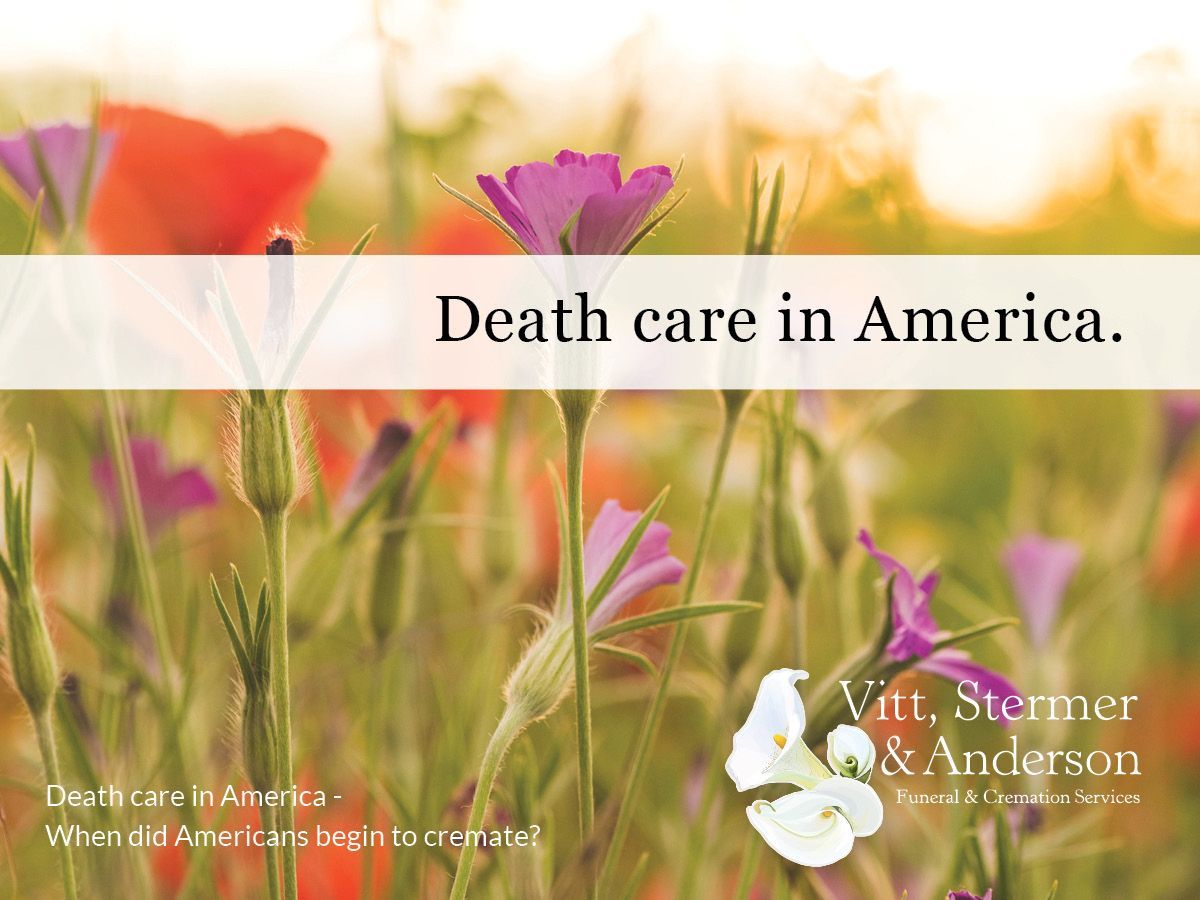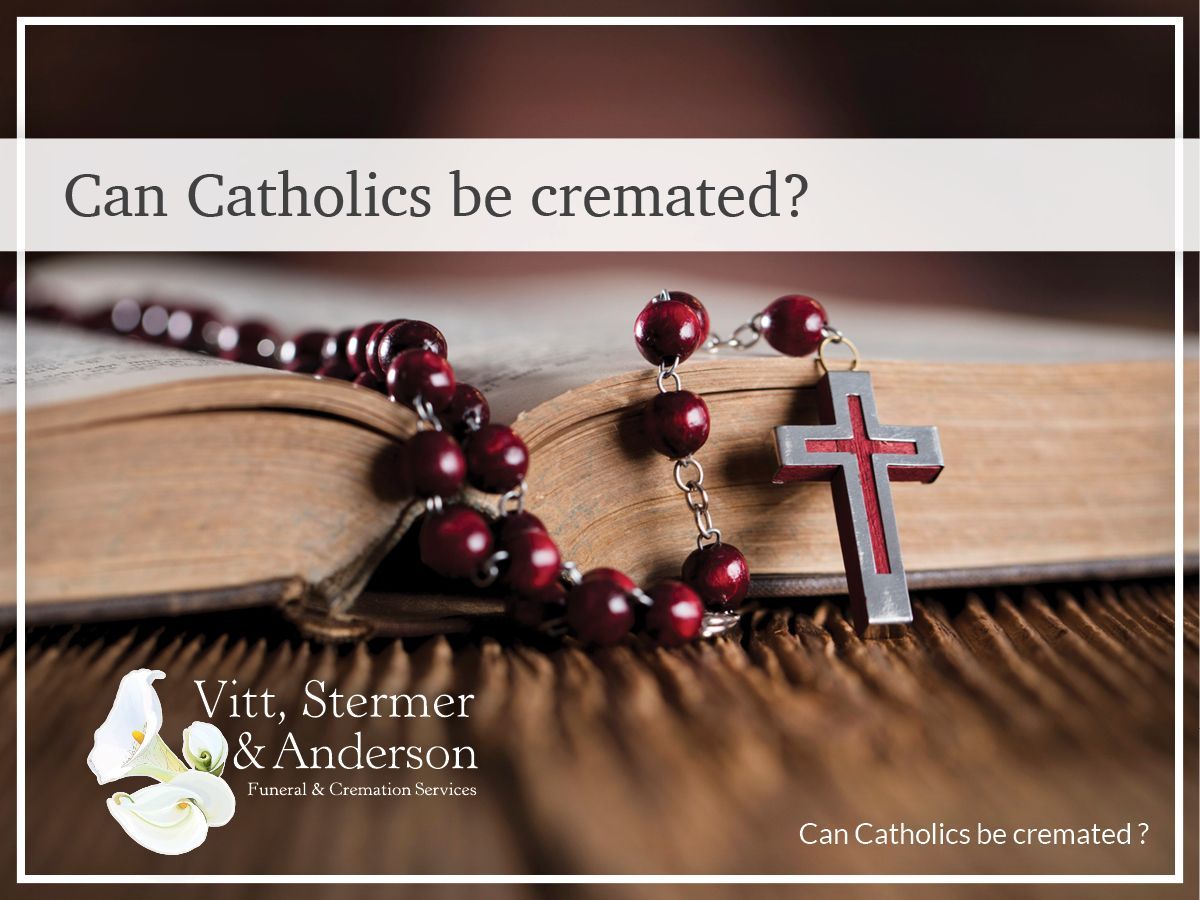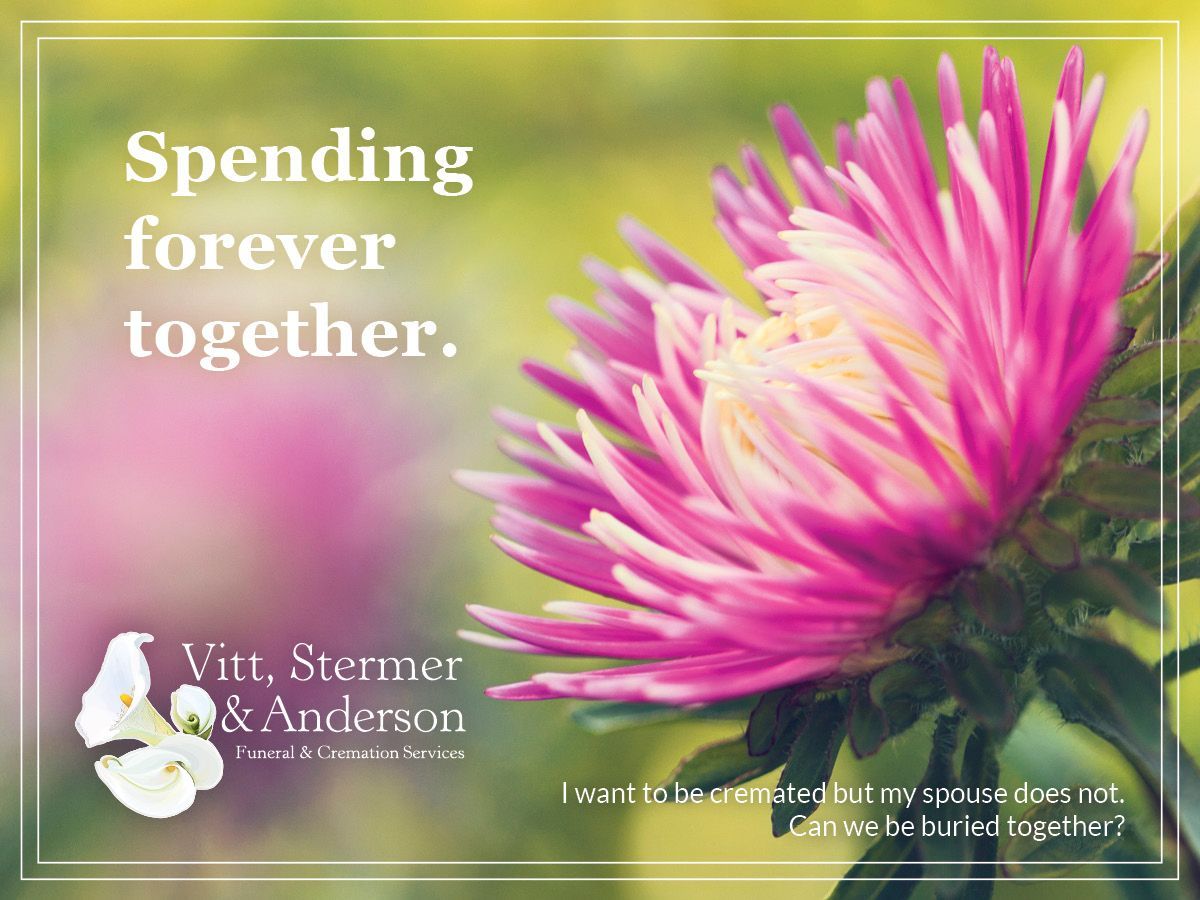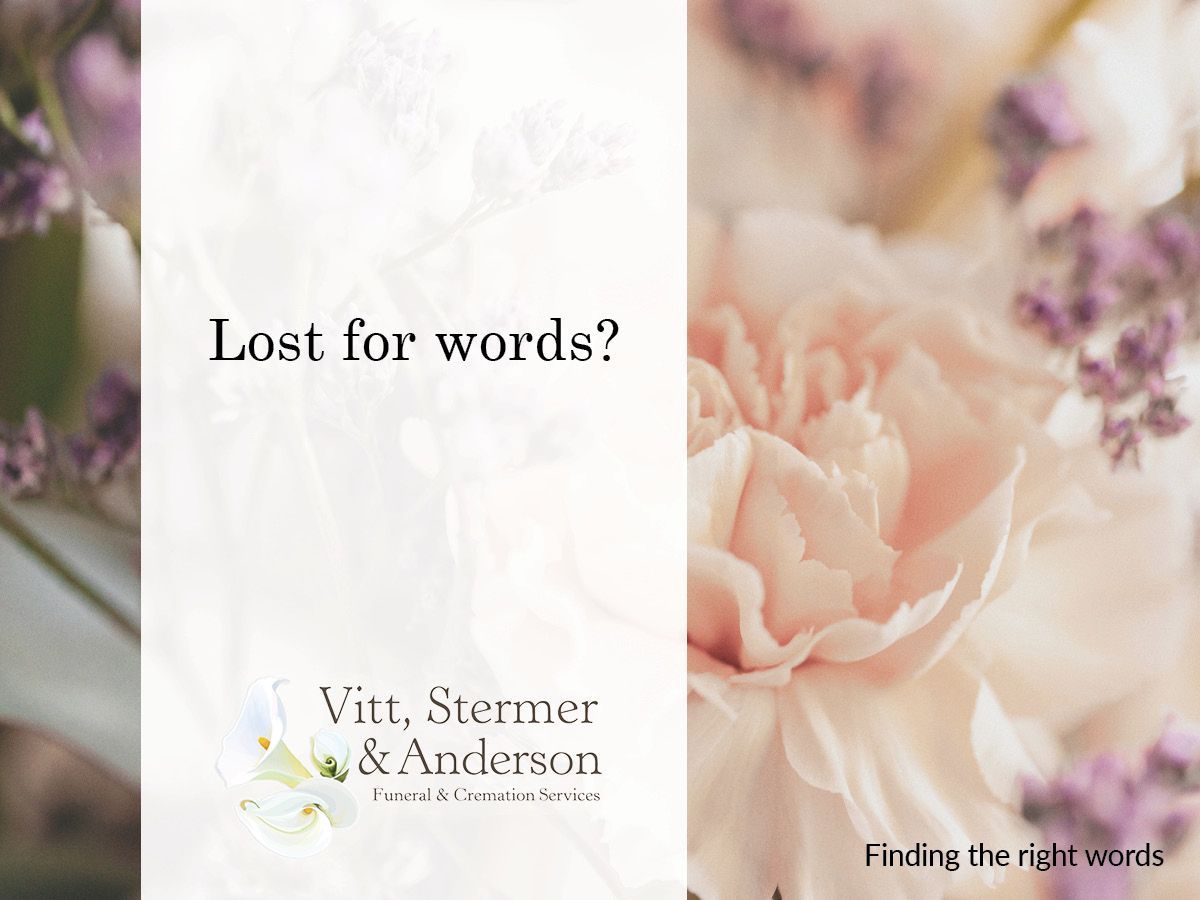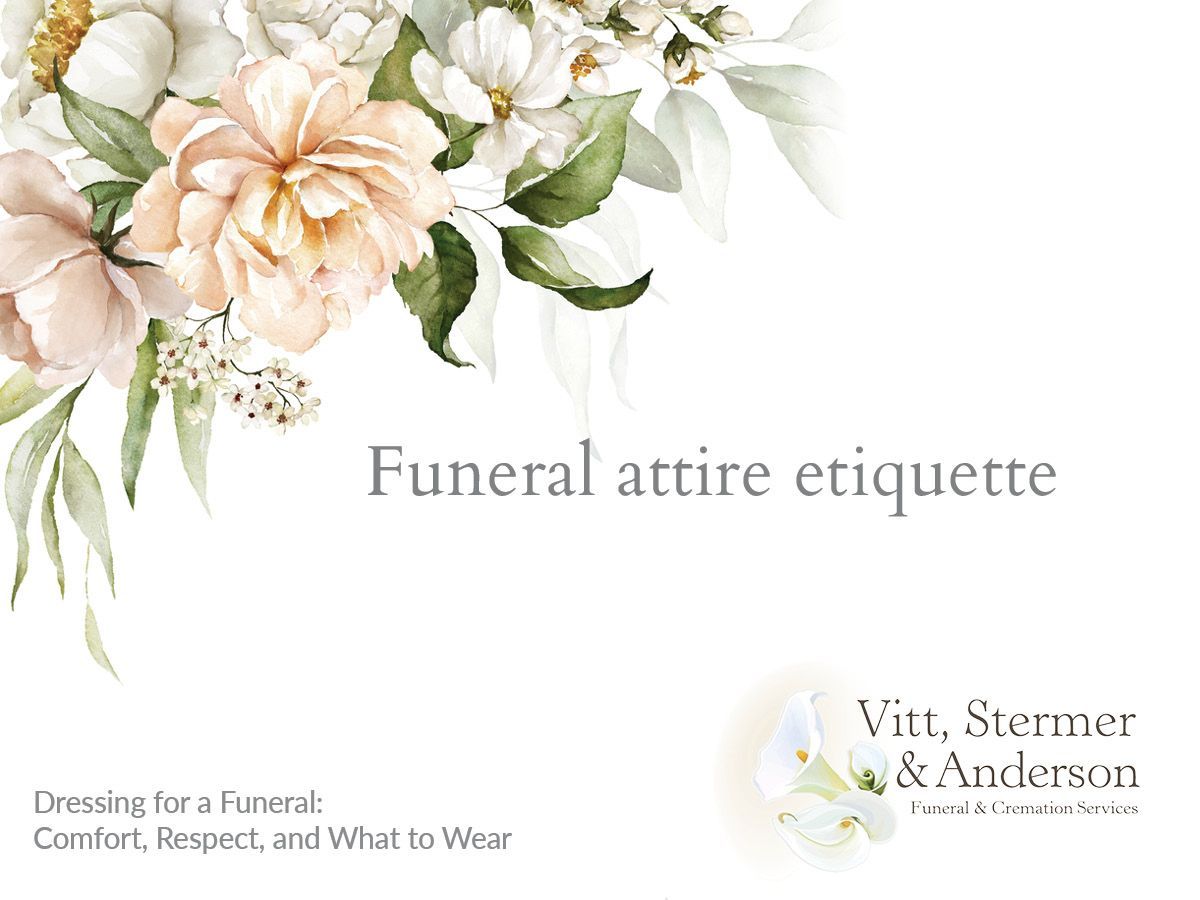What Do I Do with the Flowers
After any funeral, there are still a lot of questions about what comes next. In addition to dealing with grief, loved ones have to take care of the deceased’s estate and their final wishes. And although sending flowers to a funeral is a kind gesture, those flowers add another thing to do for the bereaved. Flowers brighten up any funeral, but what can you do with them after the funeral is over? Here are a few options to either keep and create a memorial keepsake or donate them and make someone else’s day.
Donate the flowers — mindfully.
A few places that you could donate to include a church, retirement home, or hospice care facility. Before you donate, give the location of your choice a call to confirm that they can accept flowers. The answer is often yes, but it’s better to be sure before you head over to deliver them.
It’s essential to keep in mind, though, that you might have to do some rearranging with the flowers before you deliver them. Donating an arrangement in the shape of a cross wouldn’t be exactly fitting if you were to send the flowers to a secular location. Or, if the arrangement is very oversized, the people you’re attempting to donate to might not want the hassle of having to find a place to put all of it.
It’s also crucial that you remove any cards from the arrangements before donating them. A card that says “I’m sorry for your loss” might be upsetting or at least not well-received at a hospice care facility.
Place them at another gravesite.
Instead of donating to the living, you could also donate to someone else who has already passed on. Fresh flowers on a grave are always a welcome sight. They add some beauty to the cemetery, and for many people, it’s a way to show respect and love for the spirits of those no longer with us.
Preserve the flowers and gift them to loved ones.
Flowers on their own, of course, will not last forever. But you can preserve them to create memorial keepsakes. Preserving flowers is an easy process. All you have to do is put the flowers between two pieces of paper and close those sheets of paper inside a heavy book. Let the flowers dry out for a few days, then remove them. The flowers should be pressed and dried once you take them out.
You could leave the flower as is and create a keepsake from there, as a memorial bookmark, or just simply decorate with the flower on its own. But you could also create a shadow box with the flowers inside, alongside other trinkets that remind you of your loved one.
If you want to take things a step further, you could take the flowers apart to use them in other ways, like filling a glass ornament with dried flower petals or even painting something in remembrance of your loved one using the petals. These keepsakes could be just for you, or you could make many and gift them to other people who loved the person who passed.
Put flower petals inside of funeral jewelry.
Funeral jewelry, or cremation jewelry, is a popular way to keep the one you lost close to your heart. For cremation jewelry, a tiny bit of ashes is placed inside a compartment in a piece of jewelry, like a locket. People can opt to include more than the ashes inside, though, like adding bits of dried flowers from the funeral.
Even if your loved one was not cremated, you could still make funeral jewelry, perhaps by putting the dried flowers in a necklace or pendant. It’s another way to create a memorial keepsake that you can cherish always.
Flowers are a lovely way to brighten up a funeral and celebrate the deceased's spirit. And after the funeral, they are a great way to spread a little joy or keep the memory of your loved one close to you.


